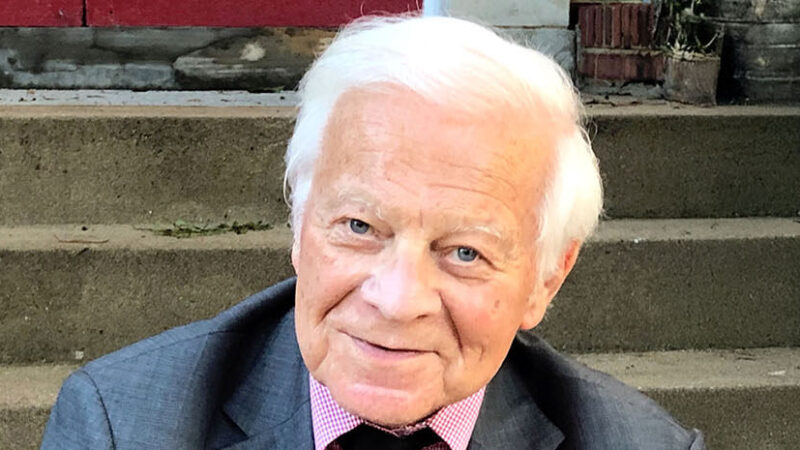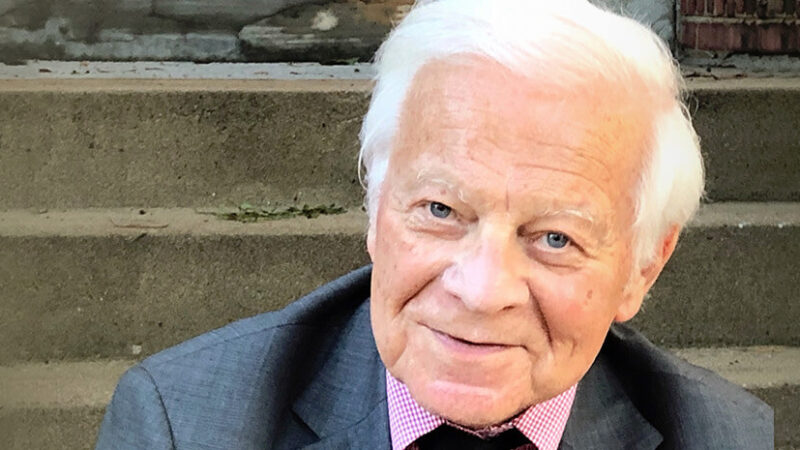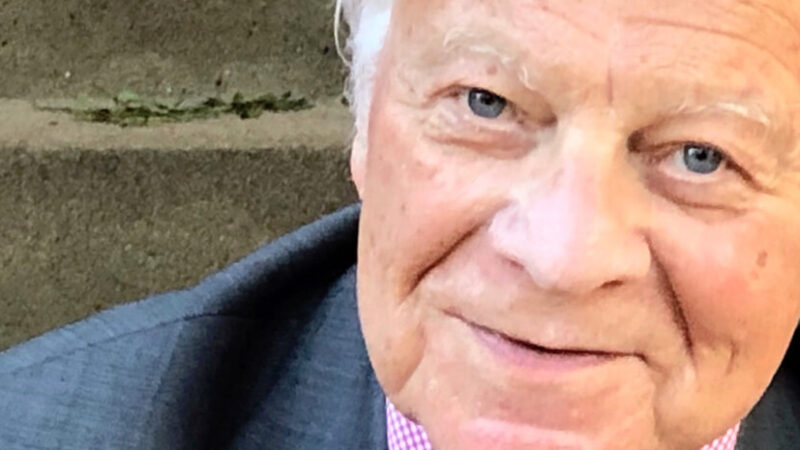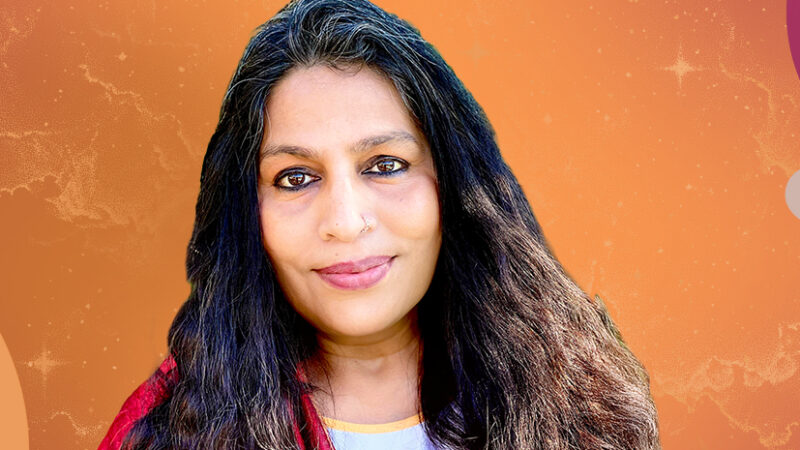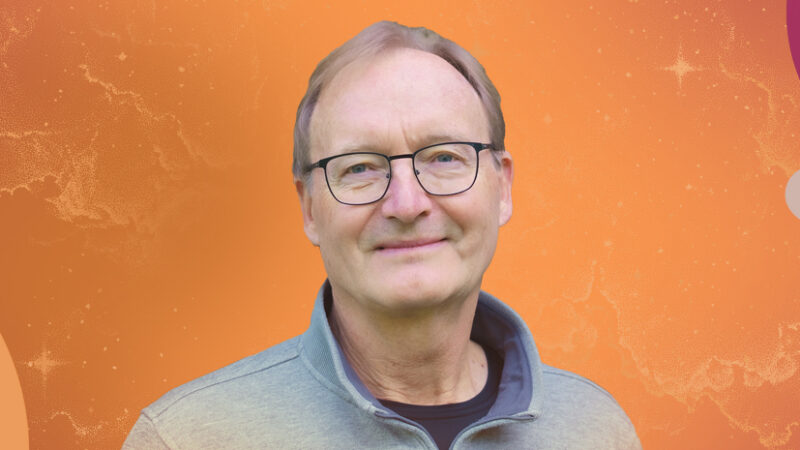James Hollis, PhD, is a graduate of Zürich’s Jung Institute, a licensed Jungian analyst practicing in Houston, Texas, and author of 13 books, including Finding Meaning in the Second Half of Life and What Matters Most: Living a More Considered Life and the Sounds True audio learning program Through the Dark Wood: Finding Meaning in the Second Half of Life.
Here, Dr. Hollis invites us to discern directly what a “spiritual life” is for us personally, opening ourselves to the mystery of our time here as a human being. At the end of our life, shares Hollis, we want to be able to say we’ve been here, that it mattered, that we lived our journey and not someone else’s, and that we’ve touched the deepest part of who we are.




